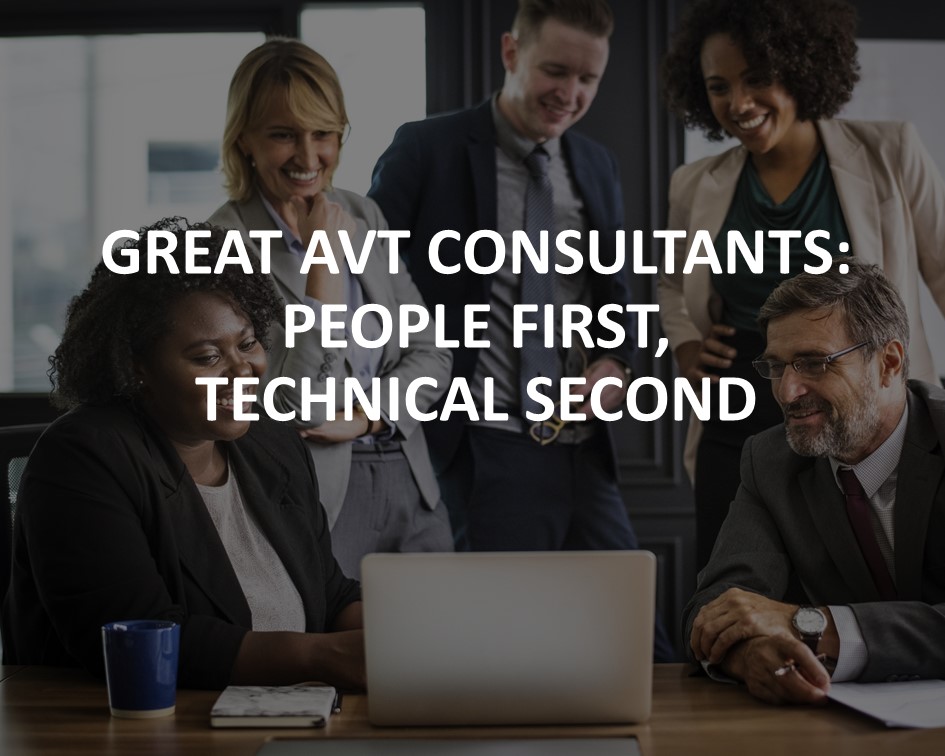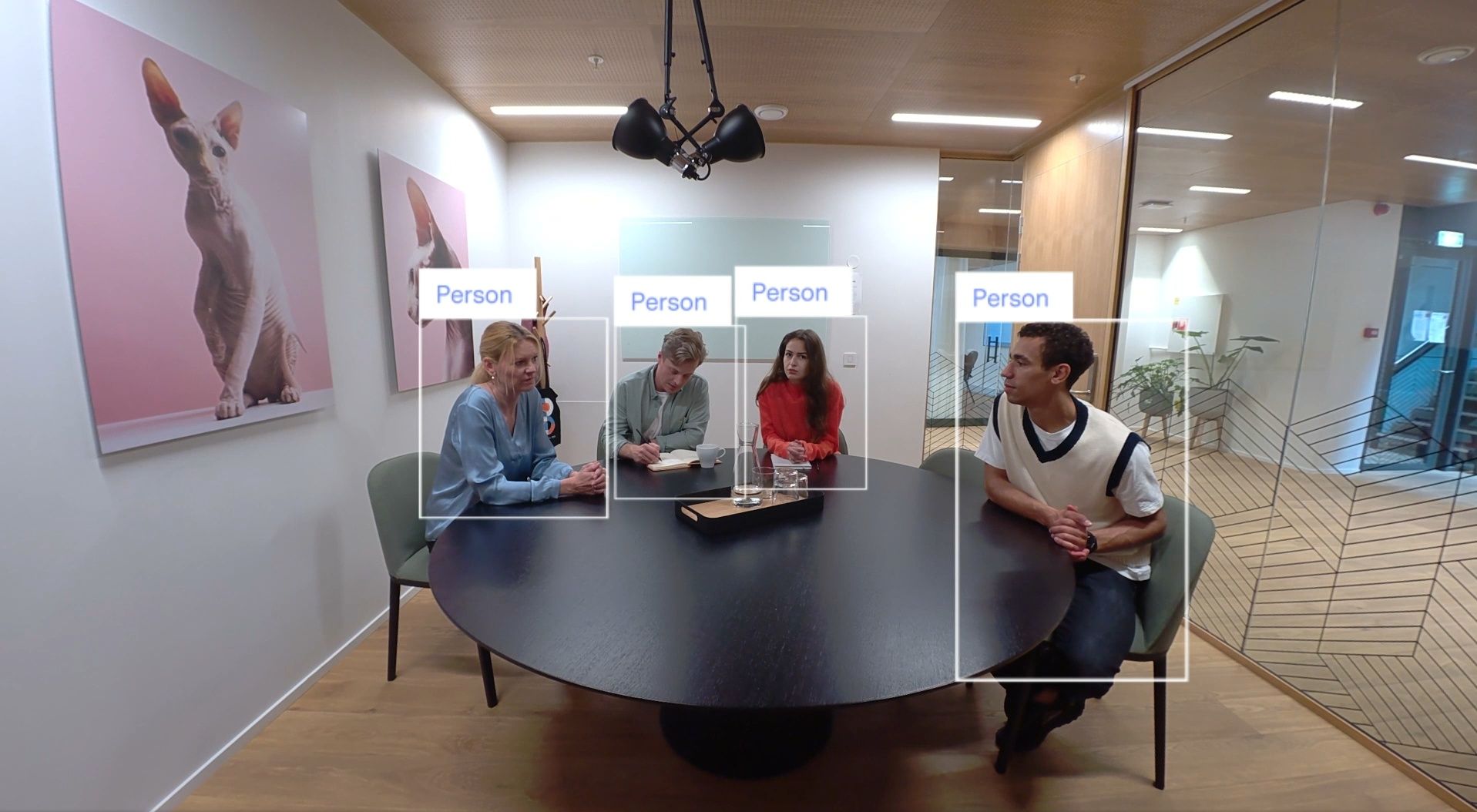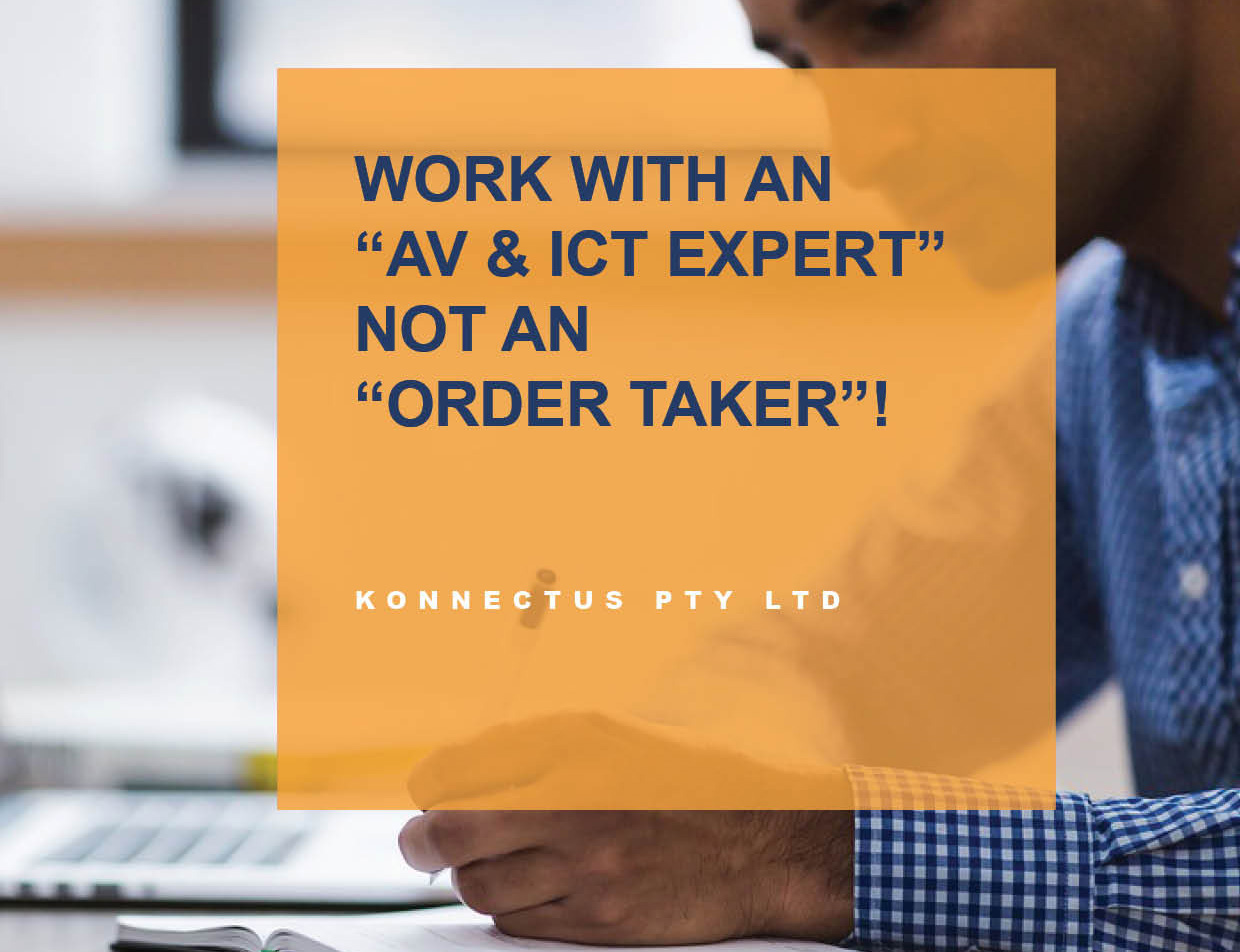
Great AVT Consultant: People First, Technical Second
Written by: Adrian Magno
When building a team, movies have long taught us to fall in love with the smartest guy or girl in the room. Those are the ones who change the game. Classics like Goodwill Hunting, A Beautiful Mind and The Social Network are all examples of this, indicating that the most technically able individuals are the ones who will provide the best outcome.
We’re happy to let Customer Service take a back seat when in the midst of a technical genius.
This is why upon graduating with an engineering degree, I did everything I could to up-skill my technical knowledge further. Adding abbreviations to the end of my name was a cool thing I’d say to my peers, in the pursuit of being the “smartest guy in the room”.
Through the years I would get more and more competent with my designs, adamant that my endless studying was the key contributor for this. But when I would speak to the clients about the installed technology, it seemed to be a mixed bag of “the technology is great” or contrastingly “nobody really uses it”.
When faced with the latter, in my head I would say “they just don’t understand the technology”. Upon reflection, what value am I adding as a consultant if the technology I’ve placed on site was not used by the very people it was designed for? What I had eventually learnt that whilst being technically able is a definite benefit, what makes a good consultant is not their ability to understand technology, it’s about their ability to understand people.
That things like empathy, understanding and insight are the key factors to making a good design a great one. Being able to put yourself in another person’s shoes helps you effectively cut out steps to the system; or add functionality based on what the client actually needs.
Beyond that, it’s often empathy that drives us beyond what is expected to make sure a system is rock solid. When you care about the people you’re designing for, I’ve found I want to make sure what they’re getting is the best. Not letting them down is what gets you on the phone with manufacturers to make sure everything will function as needed, make sure you quality control documents and peer review every drawing.
Engineers often cringe when talking about feelings like empathy and understanding, there’s a sense of pride we bear when we say we’re technically knowledgeable. Despite being a consultant for many years now, even I refuse to let my job title be anything other than engineer. As painful as it is to admit, I’m slowly realising that you almost don’t want an engineer to design AV systems for you. Engineers were built to understand how stuff works, how they are to connect and what are the limitations. They were made to understand technology, not people.
Don’t get me wrong, hire someone who knows what they are doing; who can demonstrate they know how to build a system that works reliably for years to come. But make sure your AV consultant is asking you about your current workflows, rather than talking about workflows they’ve done elsewhere.
As it turns out designing technically detailed AV systems is actually pretty easy, Building a great system that’s intuitive, now that’s an art.


